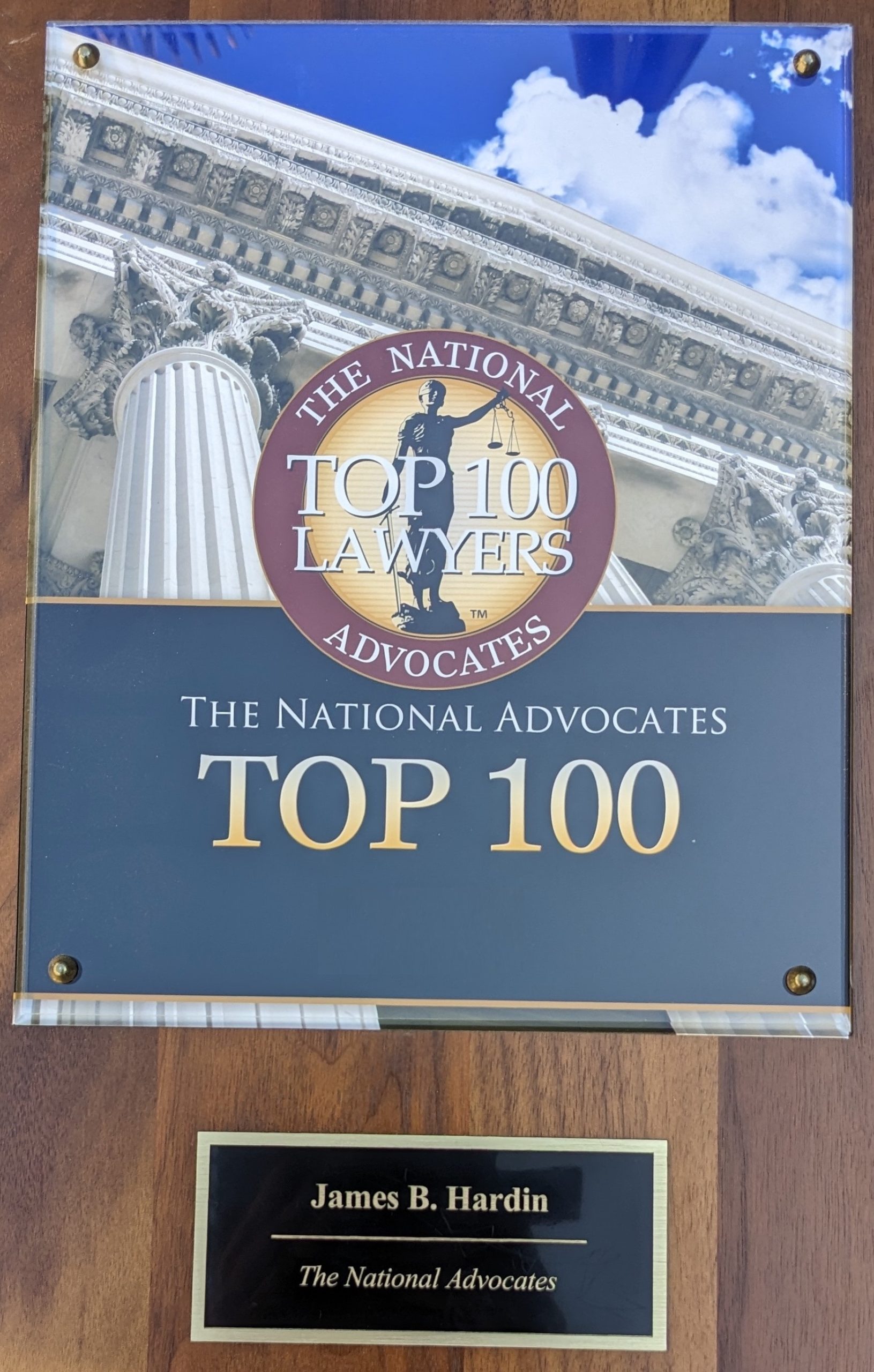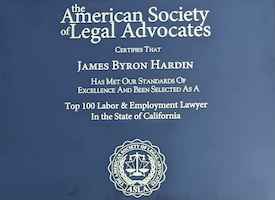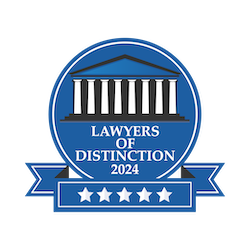What Constitutes A Failure to Accommodate Under ADA?
A law professor who was suspended for allegedly engaging in an angry verbal exchange with a fellow school employee has filed suit against the law school, claiming that the school violated the Americans With Disabilities Act of 1990 (ADA) when they declined to accommodate him for his apparent depression and Asperger’s syndrome. Under the ADA, an employer is required to make a reasonable accommodation to the known disability of a qualified applicant or employee if it would not impose an “undue hardship” on the operation of the employer’s business.
The professor, employee of the John Marshall School of Law in Chicago since the mid-1980s, filed an ADA lawsuit in federal court seeking a removal of his suspension, lost wages, and emotional distress damages. Cornwell also filed a breach of contract claim unrelated to his ADA claim.
According to the complaint in the case, the professor was first was suspended from his teaching duties after engaging in an angry exchange with a member of the school’s maintenance staff. Following an examination from a medical professional, he was permitted to return to his professorship a few months later. In his suit, the professor claims that the medical professional confirmed that he was suffering from depression and Asperger’s syndrome.
What is ‘Failure to Accommodate’ under the ADA?
The basis of the professor’s ADA claim is that the John Marshall Law School failed to accommodate his depression and Asperger’s syndrome following his return to teaching and at this point, they should have been aware of his disability. The professor “requested that the school appoint a mental health professional to facilitate his communications with colleagues and superiors” and “later requested a faculty mentor”, but apparently, neither request was granted. Not long after, the professor was involved in another verbal incident, this time involving two students. As an apology, the school required the professor read a pre-written apology in front of the class.
As we have discussed in other blog posts, the ADA is a federal civil rights law that seeks to prohibit discrimination on the basis of disability. The professor claims that the school’s failure to accommodate his requests is in violation of the ADA and that his request for the school to appoint a liaison to facilitate his interactions with colleagues and superiors was necessary because of his disability, which makes it difficult for him to read social cues and impairs social interactions.
Is a mental or emotional disorder covered under the ADA?
Does a mild form of Asperger’s combined with depression fit the criteria for ‘disability’ as defined by the ADA? And how does a potential mental disability affect your business’s approach with its employees?
For answers to these and other ADA related questions, contact the experienced Orange County employment disability attorneys at Hardin & Associates today.





















